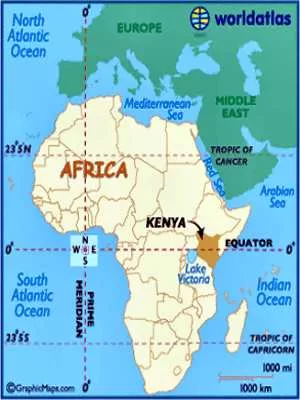In the heart of Kenya, October 10 marks a significant day known as Moi Day. This holiday has experienced a rollercoaster of changes, reflecting the complex history of the nation and its leadership. But what exactly is the story behind this day, and how does it compare to the establishment of holidays in other countries?
Initially celebrated to honor Daniel Moi, the second President of Kenya, Moi Day was established to commemorate his ten years in power. Over time, however, Moi’s presidency, which lasted an astonishing 24 years, became synonymous with authoritarian rule. As a result, the holiday’s significance has been a topic of heated debate among Kenyans.
In the United States, the process of creating official holidays is straightforward. Congress has the authority to designate federal holidays, which are observed by federal institutions, while state and local governments can establish their own holidays. This system allows for a diverse array of celebrations across the country. In Kenya, a similar process exists, but the implications of these holidays can be far more contentious.

In 2010, Kenya adopted a new constitution that led to the abolition of Moi Day, marking October 10, 2010, as the first year without the holiday. However, the story didn’t end there. In 2017, a landmark ruling by a Kenyan judge reinstated Moi Day, declaring that its removal was illegal without proper legislative procedures. This decision was met with mixed reactions; while many celebrated the return of the holiday, others questioned the appropriateness of honoring a leader whose legacy is marred by controversy.
The debate surrounding Moi Day raises an important question: should the holiday be renamed? Some Kenyans have suggested honoring Wangari Maathai, the renowned environmental activist and Nobel laureate, instead. This proposal reflects a desire to shift the focus from a divisive figure to one who embodies positive change and progress.
As Kenyans prepare to observe Moi Day, it will be fascinating to see how the day is celebrated. In the past, festivities included grand parades, military displays, and cultural performances. However, in recent years, the observance has become more subdued, with many opting to spend the day at home rather than participating in official ceremonies.
Beyond Moi Day, October 10 is also significant for other global observances, such as Fiji Day, World Porridge Day, and National Handbag Day. These celebrations highlight the diverse ways in which cultures around the world commemorate important events and figures.
In conclusion, Moi Day serves as a reminder of Kenya’s complex history and the ongoing dialogue about leadership, legacy, and national identity. As the nation reflects on its past, it also looks toward the future, considering how best to honor its heroes and shape its holidays. Whether through continued observance of Moi Day or a potential rebranding, the conversation surrounding this holiday is far from over.
As Kenyans navigate these discussions, one thing is clear: the significance of October 10 will continue to evolve, reflecting the values and aspirations of the nation.

